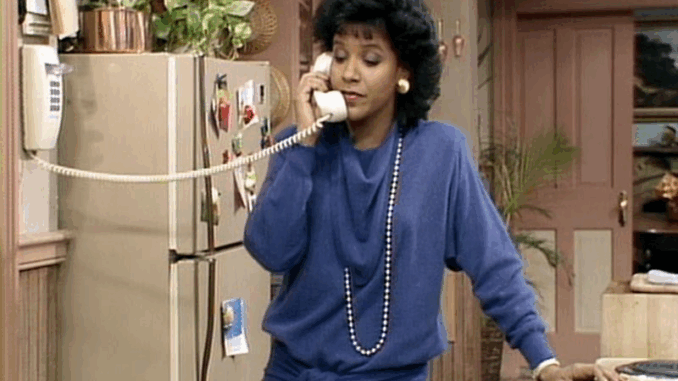
The Cosby Show wasn’t just a sitcom — it was a cultural milestone that offered a fresh, aspirational vision of family life. Central to this was the Huxtable family’s approach to parenting and education, which resonated deeply with viewers across America and beyond. The show portrayed parenting not just as caretaking, but as active guidance rooted in respect, discipline, and love. This “Huxtable method” left a lasting imprint on how audiences think about raising children and valuing family.
The Pillars of Huxtable Parenting
At the heart of the Huxtable household were Clair and Heathcliff Huxtable, who modeled a partnership of mutual respect and collaboration. Their parenting style combined high expectations with warmth. They encouraged intellectual curiosity, personal responsibility, and empathy, while maintaining clear boundaries and consistent discipline.
This was not a permissive household, but neither was it authoritarian. The Huxtables showed that parents could be firm and loving simultaneously, blending humor with lessons on integrity, hard work, and self-confidence.
Education as a Family Value
Education was presented as a cornerstone of the Huxtable family’s identity. From the eldest to the youngest, school success and learning were emphasized as keys to opportunity and personal growth. The show’s episodes frequently spotlighted academic challenges, cultural awareness, and ethical dilemmas, teaching viewers that education extends beyond the classroom — into moral and social realms.
For many Black families in particular, this representation was revolutionary, portraying education as an accessible and vital path to empowerment rather than privilege.
Impact on Audiences
Audiences embraced the Huxtables’ parenting as aspirational yet relatable. Parents saw a model for balancing careers and family life with grace. Children and teenagers found relatable role models who valued education without sacrificing fun and family closeness.
The show’s emphasis on dialogue and emotional openness within the family also encouraged more open communication at home, inspiring conversations about respect, identity, and responsibility.
Legacy in Contemporary Parenting Discourse
The “Huxtable way” continues to influence parenting discussions today. In a media landscape often saturated with chaotic or dysfunctional family portrayals, the Huxtables remind us of the power of intentional, values-driven parenting. Their example shows that nurturing well-rounded, confident, and morally grounded children is both challenging and rewarding — and that family unity is a foundation for individual success.
Conclusion
The Cosby Show’s depiction of parenting and family values transcended entertainment; it offered a blueprint that many viewers adopted or aspired to. By blending love, discipline, and education in a culturally affirming way, the Huxtables left an indelible mark on how families imagine and practice raising the next generation.